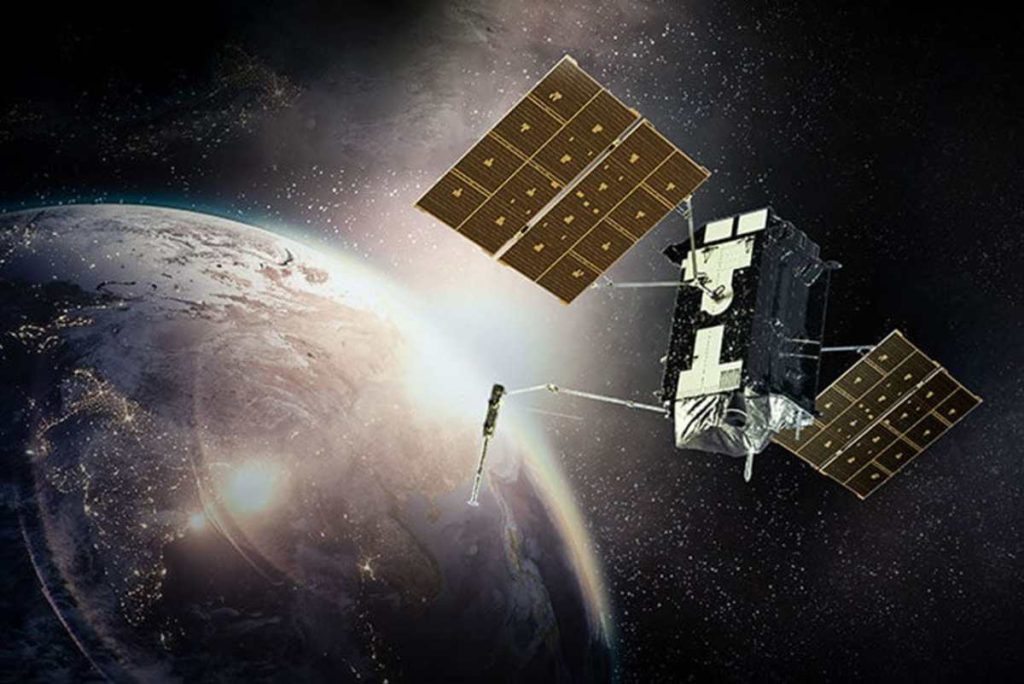
Space Force awards Raytheon $196.7 million for additional work on GPS ground control system (Image Credit: Space News)
WASHINGTON — The U.S. Space Force awarded Raytheon a $196.7 million contract extension for the Global Positioning System Next Generation Operational Control System (OCX), a critical upgrade to the GPS infrastructure that is years behind schedule.
The contract, announced Nov. 27 by Space Systems Command, targets the next software upgrade to be delivered by November 2025. This latest award brings Raytheon’s total OCX contract value to nearly $4.5 billion since the program’s inception in 2010.
OCX represents a comprehensive modernization of GPS ground control infrastructure, designed to enhance navigation signal accuracy and cybersecurity for both military and civilian applications. The program has been plagued by significant delays, with the current delivery timeline approximately seven years behind the original schedule.
A cornerstone of the system is its ability to manage the highly secure M-Code signal, which provides jam-resistant capabilities vital for military operations in contested environments. The GPS network underpins navigation, communications, and precision timing for both civilian and military applications.
The program has become a cautionary tale in Pentagon procurement. Initially slated for delivery in 2018, the OCX program has been set back due to the complexity of its software development. Unlike other programs that build upon existing platforms, OCX requires entirely new code that integrates cutting-edge cybersecurity measures to protect against evolving threats.
During the extended development phase, the Space Force has relied on an interim GPS ground control software developed by Lockheed Martin, the manufacturer of GPS satellites.
The Government Accountability Office has repeatedly flagged the program’s delays as a risk to the GPS enterprise, citing concerns over the slow pace of software development and its cascading effects on military operations.
The Space Force is also grappling with delays in fielding compatible M-Code-enabled receivers for military personnel, compounding the challenges of providing more secure GPS navigation.
OCX is being installed at 17 ground control stations worldwide.


